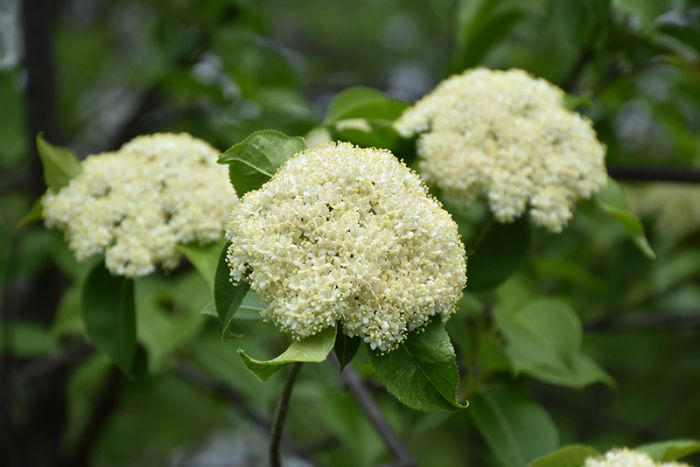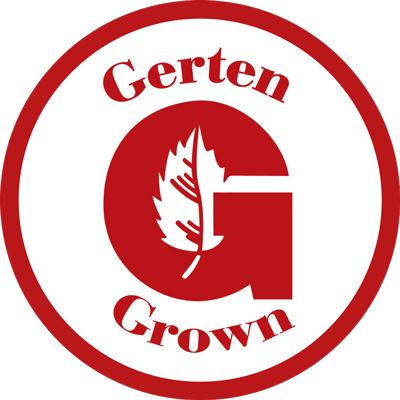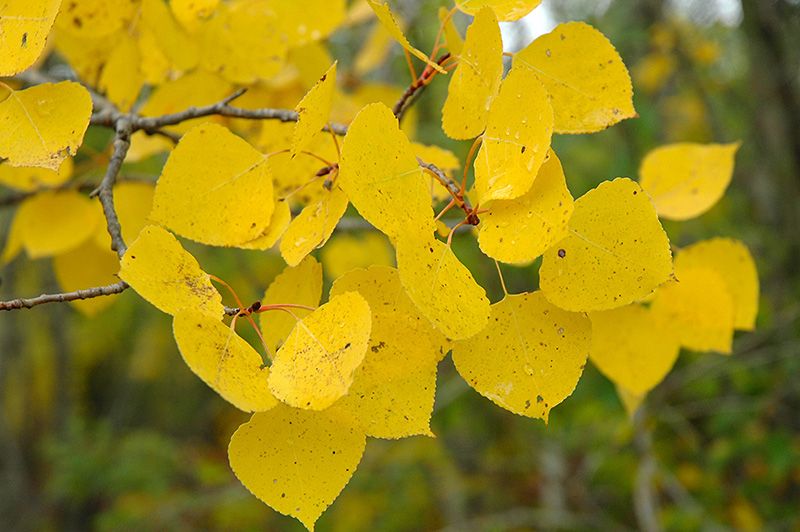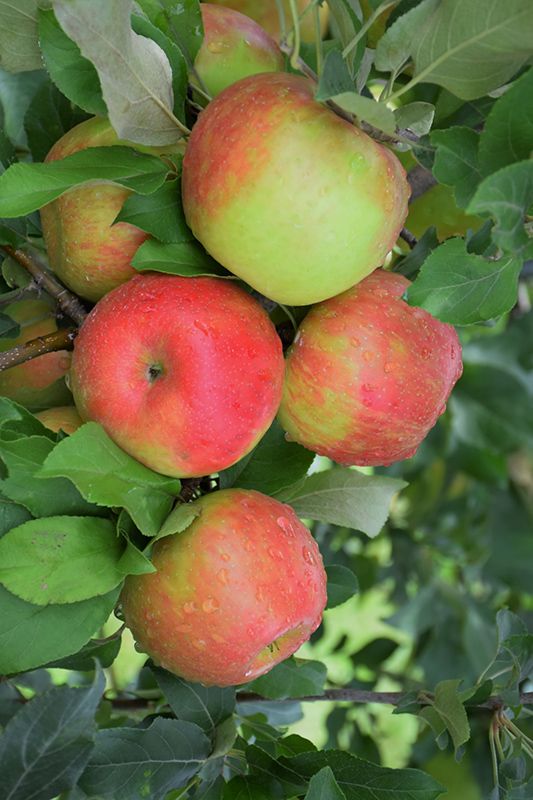Viburnum, Nannyberry Tree




Out of stock
Coming soon, still growing- Sun Preference
- Full-Sun, Part-Sun
Description
Very large, creamy white flower clusters explode against the glossy green foliage. In autumn, the pendulous blue black fruits glisten amongst reddish purple leaves. Excellent food source for birds. Tolerates heavy, wet soils.
Minnesota's Largest Selection of Trees
At Minnesota's Destination Garden Center, we offer a diverse range of trees to suit any landscaping need. Whether you're looking for shade trees to cool your home or ornamental trees to add beauty and interest, you'll find the perfect tree at Gertens. Our knowledgeable staff can help you select the right tree for your space and provide tips for care and maintenance. Visit Gertens today and explore the unmatched variety of trees to enhance your outdoor environment!
Details
Nannyberry Viburnum (tree form) | Viburnum lentago (tree form)
Height: 15 feet
Spread: 7 feet
Sunlight: full sun to full shade
Hardiness Zone: 2b
Other Names: Sheepberry
Brand: Gertens
Description:
A magnificent tree form variety with many endearing qualities; large clusters of creamy white flowers in spring, showy deep blue fruit in fall and reliable fall color; an upright spreading plant, hardy and adaptable
Ornamental Features
Nannyberry Viburnum (tree form) features showy creamy white flat-top flowers at the ends of the branches in mid spring. It has dark green deciduous foliage. The glossy pointy leaves turn an outstanding brick red in the fall.
Landscape Attributes
Nannyberry Viburnum (tree form) is a deciduous tree with a shapely oval form. Its average texture blends into the landscape, but can be balanced by one or two finer or coarser trees or shrubs for an effective composition.
This tree will require occasional maintenance and upkeep, and should only be pruned after flowering to avoid removing any of the current season's flowers. It is a good choice for attracting birds to your yard, but is not particularly attractive to deer who tend to leave it alone in favor of tastier treats. Gardeners should be aware of the following characteristic(s) that may warrant special consideration;
- Suckering
Nannyberry Viburnum (tree form) is recommended for the following landscape applications;
- Accent
- Mass Planting
- Hedges/Screening
- General Garden Use
- Naturalizing And Woodland Gardens
Planting & Growing
Nannyberry Viburnum (tree form) will grow to be about 15 feet tall at maturity, with a spread of 7 feet. It has a low canopy with a typical clearance of 4 feet from the ground, and is suitable for planting under power lines. It grows at a medium rate, and under ideal conditions can be expected to live for 40 years or more.
This tree performs well in both full sun and full shade. It is very adaptable to both dry and moist locations, and should do just fine under average home landscape conditions. It is not particular as to soil type or pH. It is highly tolerant of urban pollution and will even thrive in inner city environments. This species is native to parts of North America.
More Information
| Gerten Grown Plants | Gerten Grown Plants |
|---|---|
| MN Native Plants | MN Native Plants |
| Tree Type | Shade & Ornamental |
| Sun Preference | Full-Sun, Part-Sun |
| Mature Height (Range) | 15 - 25 feet |
| USDA Hardiness Zone | 2, 3, 4, 5, 6, 7, 8 |
| Common Family Name | Viburnum |






